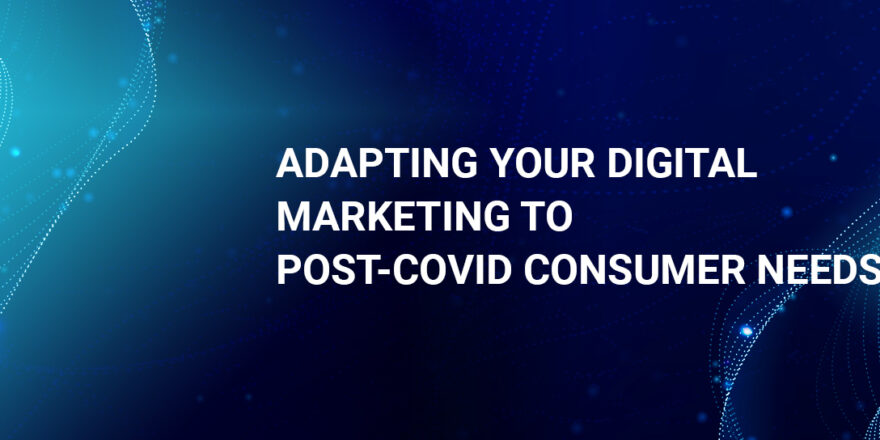About the Author


Mr. Sachin Saji
Influencer Marketing Manager at Sustainable Mindz
A dedicated Influencer Marketing Manager with over 2 years of experience at Sustainable Mindz Digital Marketing Agency in Dubai. His journey in the dynamic world of digital marketing has enabled him to collaborate with more than 50 global brands across diverse industries, crafting impactful influencer campaigns that drive measurable results. Sachin specializes in creating authentic brand-influencer partnerships that resonate with target audiences and deliver exceptional ROI.
Social commerce and affiliate marketing are two primary strategies that offer unique benefits, mainly when used in collaboration. While both are related, their core focuses are different. Social commerce is broader in concept, while affiliate marketing offers returns in the form of commission when another company’s products are promoted through social media and other channels.
Exploring the difference between social commerce and affiliate marketing
Social commerce uses social networks to engage with people and businesses, while affiliate marketing is based on performance, where the business rewards the affiliate based on customer conversions or acquisitions. With social commerce, companies become direct advocates for the brand when they share relevant content that recommends the products. It is extremely effective and has the ability to engage a wide audience. Affiliate marketing, on the other hand, earns commissions generated from referrals and taps into potential customers without a large investment in advertising.
Both models drive sales, but with some differences
Experiences
Customers can benefit from direct shopping experiences through social media apps, simplifying an otherwise complex buying journey to complete a purchase. This kind of immediate interaction can lead to high conversion rates because it capitalises on impulse buying and minimises friction. Affiliate marketing redirects the customer to an external website, which is an extra step to the purchase. This can result in lower conversion rates as product reviews and content are created by affiliates and not the brand itself.
Costs
Social commerce involves a substantial upfront investment in app features, digital storefronts, and integrated marketing campaigns. On the other hand, affiliate marketing is extremely cost-effective, as brands only have to pay commission on actual sales. However, social commerce also provides a more immersive shopping experience and even justifies the investments, particularly for big brands.
Ownership
Social commerce gives brands greater control and ownership over the consumer’s journey. This means that brands can shape a customer’s experience within their ecosystem. In affiliate marketing, a third-party publisher controls the consumer’s journey, removing control over the product’s presentation from the actual brand. With this variability in the quality and authenticity of the content, brands are not directly involved in engaging an audience. However, this is also an excellent way for brands to stay in touch with diverse target groups without investing in content production.
Speak to Sustainable Mindz to provide you with a comprehensive social media and affiliate marketing strategy to elevate your brand.









